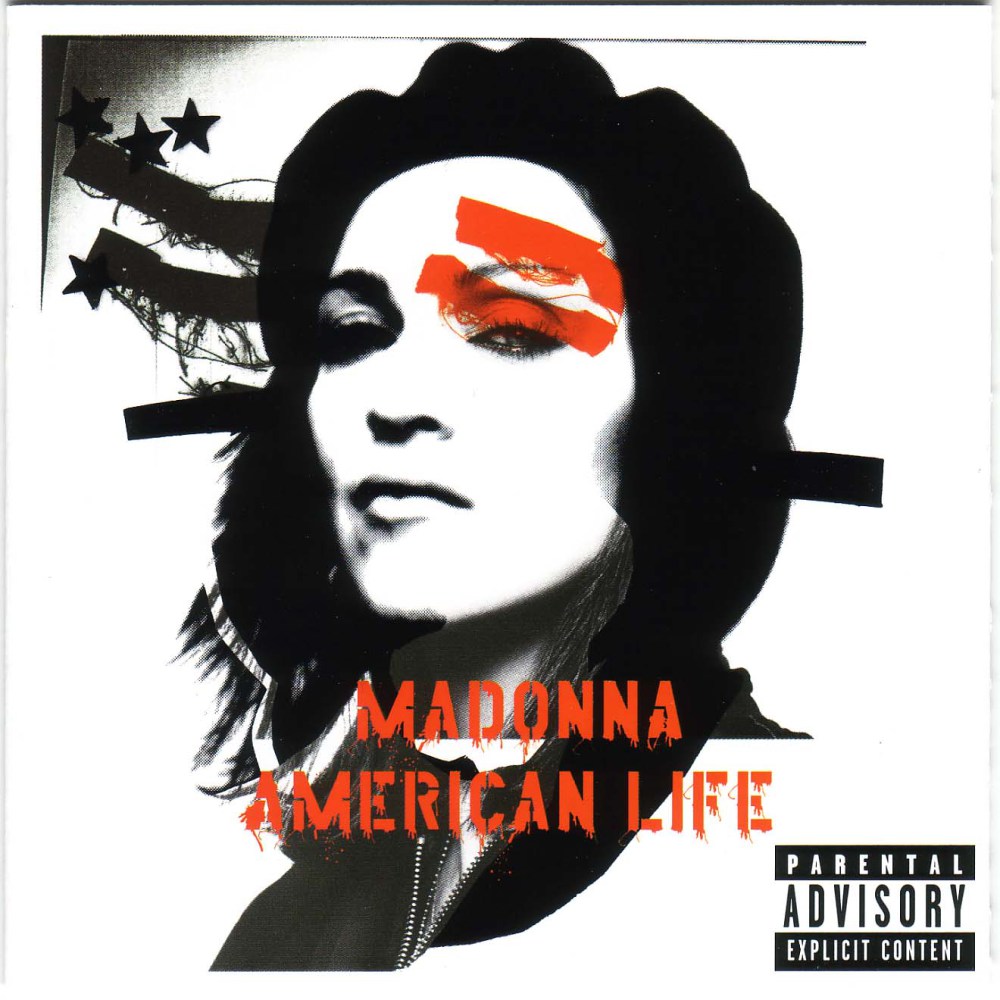*please note: no offense is meant by the terms “gayster,” “old school gay” or “new school gay.” If you take offense, you simply don’t get it.
I occasionally enter another dimension. It happens when I elect to go to a Madonna event. These celebrations go on throughout the year, but are usually centered around the time of her birthday, August 16th. Even though I am, obviously, a fan, I sometimes feel like I’m being sucked into a cult when I attend these sorts of parties. But where else can one go to discuss the storied career of a woman that the mainstream has chosen to cast out merely because she’s no longer “appropriate pop star age”?
The fans at a Madonnathon are, generally, rather rotund and have been following her music since 1983. They don’t know how to relate to the gayster crowd that goes to the Brooklyn Bowl get-together that only recently started drawing in a mid-20s demographic (even though it’s been going on for the past twelve years) thanks to, among other things, gentrification and increasingly camp performances by impersonators. Plus, now that Madonna is out, she’s rather in with the hipster set. Maybe that’s why one longtime devout follower felt enraged enough to tell me at a West Village Madonnathon, “I’ll never go to that Brooklyn Bowl thing again. I told a crowd of younger people—these Lady Gaga, Justin Bieber-loving tweens—that American Life was my least favorite album and they just glared at me and walked away. I didn’t even say I didn’t like it, just that it was my least favorite.”
This sort of disconnect between new and old school gay culture is a worse schism than the one that exists between white and black people (oh shit, hyperbole?). The two generations simply can’t relate to one another with regard to musical preference. I would argue the 1980s era offerings of gay-friendly beats are better: Pet Shop Boys, Bronski Beat, Soft Cell, etc. But the twinks of today simply can’t abide. Taylor Swift and Miley Cyrus are their Madonna. Which is unfortunate. Even Britney Spears had more to offer than the two aforementioned combined.
Yet the one album that gaysters seem to get on board with from Madonna’s later years is American Life. While, in its time, it was universally panned (but still secured the number one spot on the Billboard 200 Album Chart), it has since developed a strong following—though not among the type of Madonna fans who have been by her side from the self-titled record. They don’t understand Madonna’s attempts at musical evolution unless it is dance-oriented. While she was able to mask her use of folk-heavy stylings on 2000’s Music with dancier backbeats, American Life was more overt in its use of rock and folk. Old school gays are not about this. But new school gaysters are. Not merely for the sound, but for the fact that it is one the most esoteric and least listener-friendly Madonna records ever released.
However, Madonna knows better than to try to appeal to one small sect of her fan base, and has never since replicated an album even remotely resembling American Life. In fact, every release since 2003 has been a conscious and continuous return to dance. With 2005’s Confessions on a Dance Floor, Madonna was at her most lovable to old and new school gays alike. 2008’s Hard Candy was more about catering to the youthful audience that then favored Timabland and Justin Timberlake-produced tracks (this didn’t quite happen as people have been calling her out for trying to sound “young” ever since this album came out). By 2012, Madonna had become too gay for her own good with MDNA. While an attempt at resonating with the EDM crowd, those ilk would never embrace Madonna into their world; they were too loyal to the likes of Deadmau5, who started a then notorious beef with M. This was compounded by many fans feeling that she had lost her touch in keeping her finger on the pulse of singular dance compositions. And so, without hitting the perfect balance between alluring both the outsiders and insiders to her music, she was left with a lackluster reaction. This year’s Rebel Heart persists in getting farther away from American Life, but there are faint homages to its style on songs like “Joan of Arc,” “Heartbreak City” and “Rebel Heart,” wherein she dares to use more guitars and a slightly a capella sound. Maybe she’s hinting to the gaysters at a return to this sort of sound in the future. Or is she just trying to placate both sides of an extremely divided audience? This question could be debated upon ad nauseum at any Madonnathon. Enter at your own risk.






















